High-tech agricultural production is being implemented across all sectors, with a focus on promoting research, testing, selection, and use of high-yielding, high-quality plant and animal varieties that are adaptable to climate change.
Ninh Hai district is leading the province in implementing effective production models, with a focus on selecting and breeding high-yield, high-quality crops, achieving several positive results: Successful selection, breeding, and transfer of the intensive cultivation process for high-quality fresh grape variety NH01-152 in Vinh Hai commune, covering an area of 7 hectares; Xuan Hai, Phuong Hai, and Tan Hai communes are producing and supplying the Dai Thom 8 rice variety to the market, covering an area of over 500 hectares.
Farmers in Thai An village (Ninh Hai district) achieve high economic efficiency from growing grapes. Photo: Van Ny.
During the 2022-2023 winter-spring season, the district, in coordination with the Provincial Agricultural Extension Center, implemented a pilot model for producing ST25 rice at the An Xuan Rice Production Farm in Xuan Hai commune. The model yielded promising results. The ST25 rice variety has an average growth period of approximately 115 days, an average plant height of 98cm, strong stems, resistance to lodging, vigorous tillering, upright leaves, large and long panicles with many grains, and long, white, sticky, fragrant rice with a yield of 8 tons/ha. The implementation of the model showed that the ST25 rice variety is suitable for the local soil and climate conditions, providing 1-1.4 times higher economic efficiency compared to other rice varieties.
In the aquaculture sector, notably Ninh Hai district has collaborated with the Level 1 Marine Seed Center to provide training on production techniques and support to local people in introducing new species such as: Pacific oysters, brown-spotted grouper, pearl grouper, sea bass, snapper, yellowfin snapper, and barramundi... After many years of low-yield commercial shrimp and abalone farming, Mr. Nguyen Duc Minh in Go Gu village, Ho Hai commune, converted over 1 hectare of shrimp ponds into snapper ponds. In early 2023, he stocked 4,000 snapper fingerlings at a density of 2.5 m²/fingerling. Currently, the fish have been raised for over 10 months, with an average weight of 5 kg/fingerling, and are expected to be sold at the end of this year. The introduction of new species by farmers has promoted the sustainable development of aquaculture in the Dam Nai area.
The model of raising grouper in earthen ponds by Mr. Nguyen Duc Minh in Go Gu village, Ho Hai commune (Ninh Hai). Photo: Contributor.
Along with Ninh Hai district, the mountainous Bac Ai district has also selected processes and technologies for producing new varieties of crops and livestock with high productivity and quality, meeting market demands and suitable to the potential advantages and production situation in the area. The district effectively integrates policies and funding to support units, businesses, and cooperatives in researching, selecting, and restoring native plant and animal varieties. Phuoc Binh National Park applies tissue culture technology to supply high-quality, disease-free banana and wild orchid seedlings. A scientific project on the conservation and development of the genetic resources of the cinnamon reishi mushroom is being implemented. In collaboration with the Provincial Farmers' Association, a project to conserve the "orphan banana" variety is being carried out in Phuoc Binh commune. In collaboration with the Nha Ho Institute of Cotton Research and Agricultural Development, a provincial-level science and technology task is being undertaken on the restoration and development of the local glutinous corn variety of Bac Ai district. Scientists from research centers, institutes, universities, organizations, and individuals inside and outside the province are encouraged to research and test native plant varieties with potential for product quality and adaptability to the climate and soil conditions, in order to restore, propagate, and introduce them into production, such as legumes, glutinous corn, medicinal plants, native pigs, and local chickens...
In implementing Resolution No. 06-NQ/TU of the Provincial Party Committee, Ninh Son district, in coordination with the Nha Ho Institute of Cotton Research and Agricultural Development, selected and evaluated superior grapevine varieties to serve as a basis for providing high-quality seedlings; and researched a model for propagating shallots on a 4-hectare scale with 5 participating households. In collaboration with the Provincial Agricultural Extension Center, they expanded the artificial insemination model for cattle to improve the size and proportion of hybrid cattle, with over 1,400 head of cattle; and collaborated with relevant departments and agencies to develop agricultural and soil chemistry maps to advise people on the rational placement of crops, contributing to improved productivity and product quality.
It can be said that the testing and selection of new plant and animal varieties is a top priority for localities, creating positive changes in agricultural production. The selection of plant varieties with traceable origins, suitable for local farming conditions and soil types, and the application of science and technology in production are crucial, contributing to intensive farming, multiple cropping, and increased crop yields.
Mr. Tung
Source


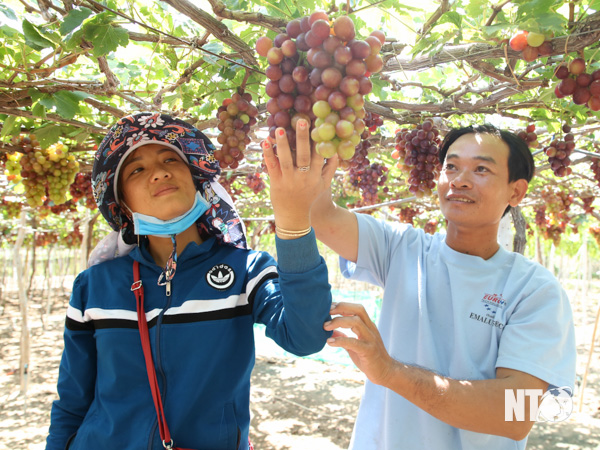
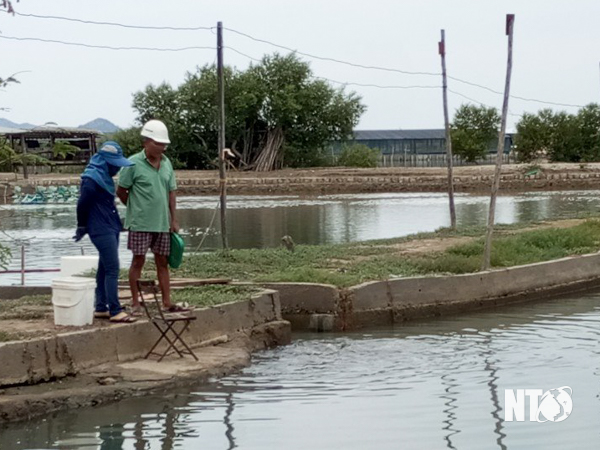







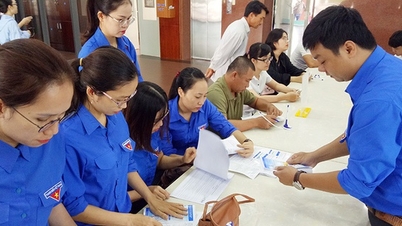



















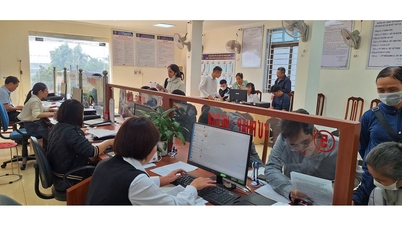
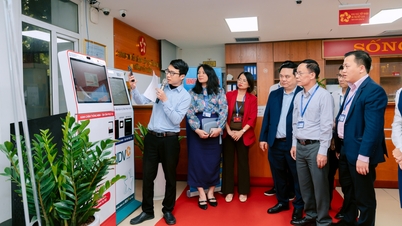

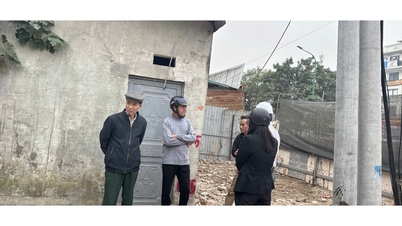
























































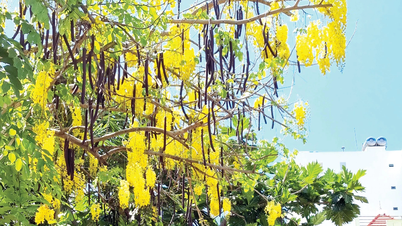


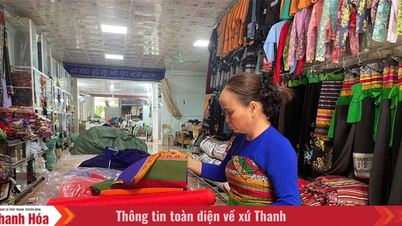

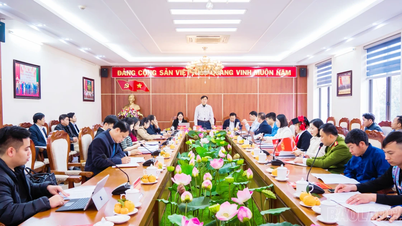










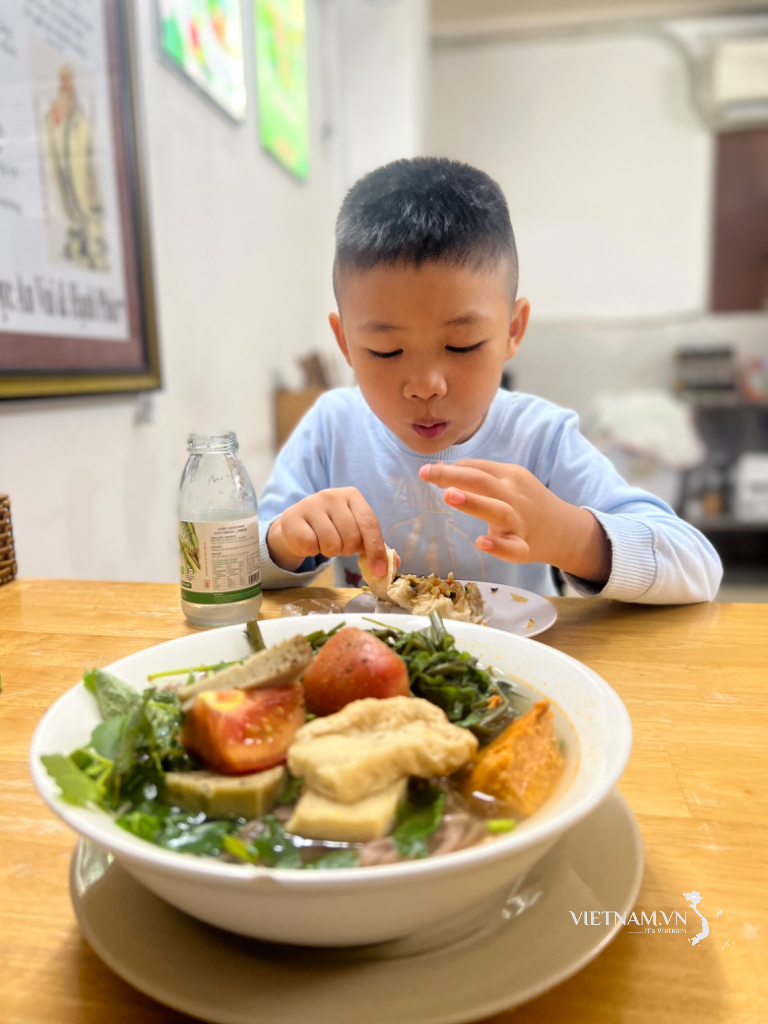
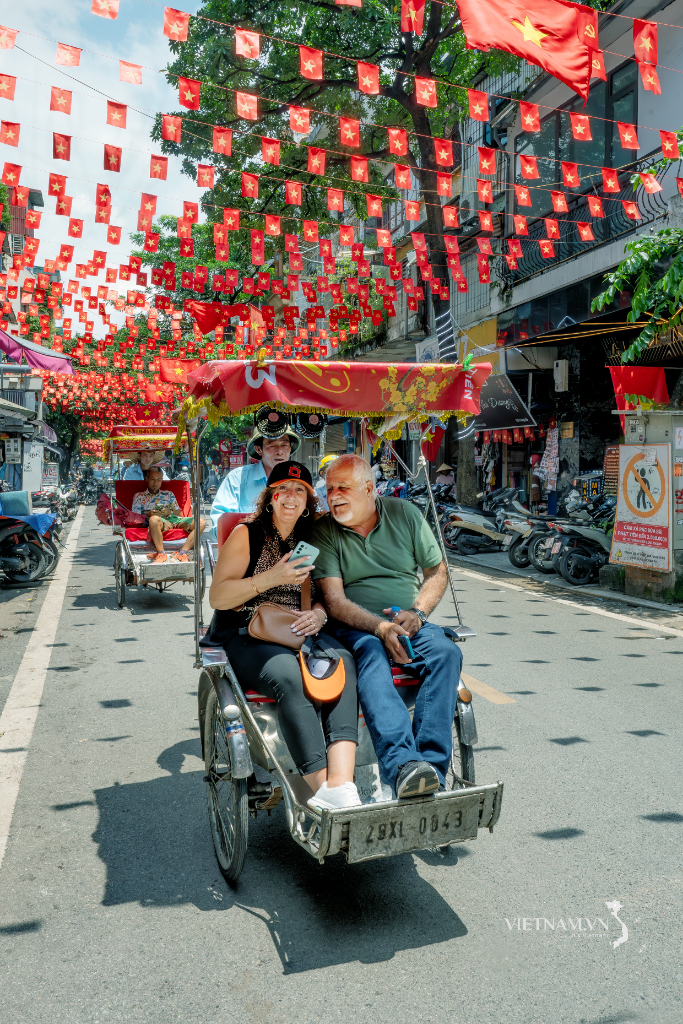

Comment (0)